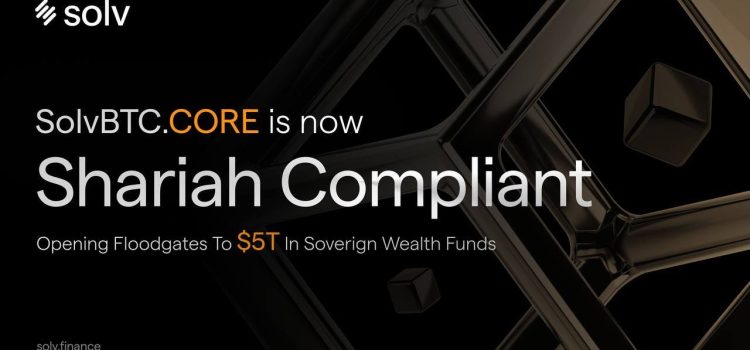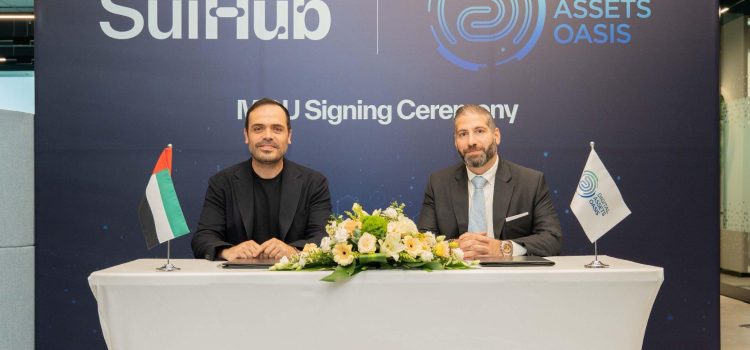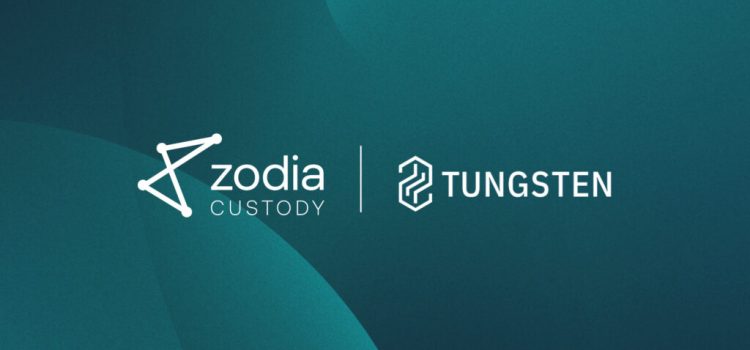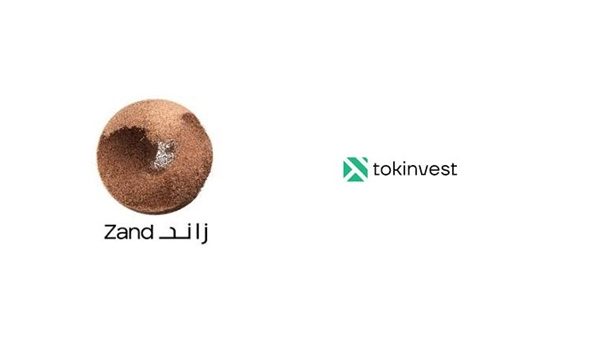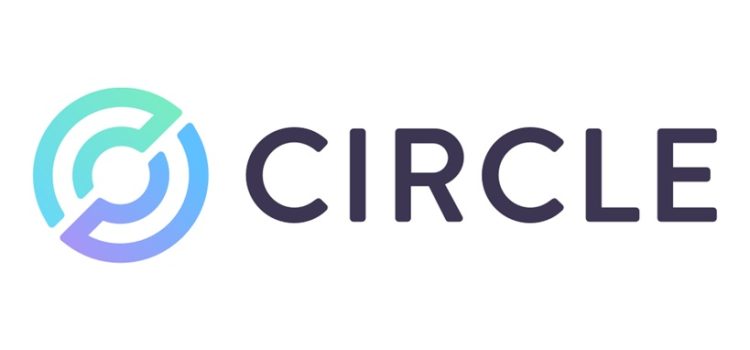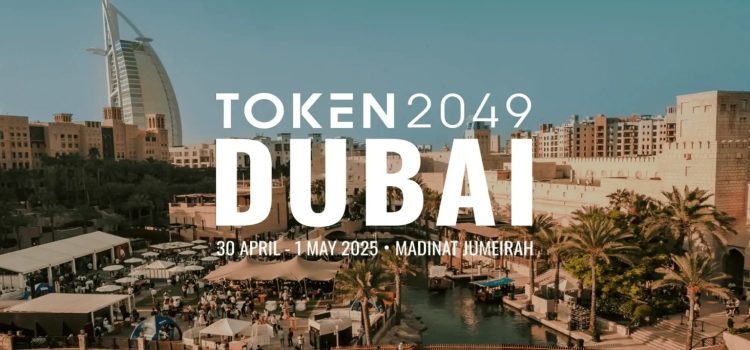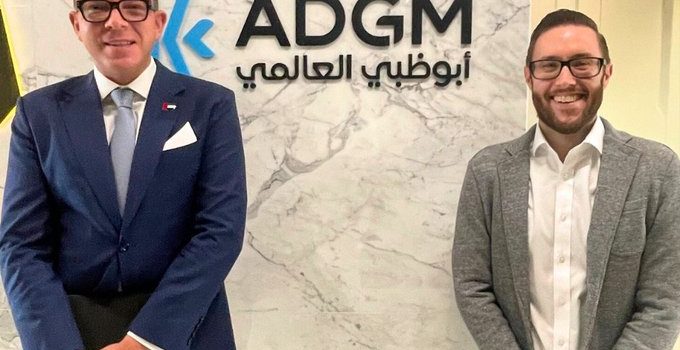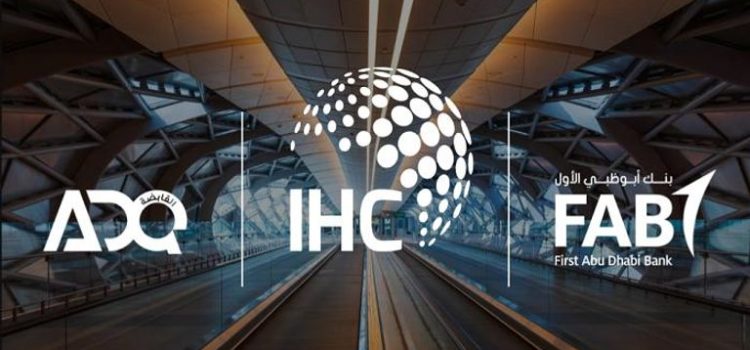
Solv Protocol, creators of SolvBTC.CORE in partnership with CoreDAO and Nawa Finance have launched a Shariah compliant Bitcoin yield product.
SolvBTC.CORE enables institutions to access halal Bitcoin yields while meeting Shariah standards, unlocking a new era of Bitcoin finance (BTCFi) adoption.
The Middle East alone holds over $5 trillion in sovereign wealth fund assets. A significant portion of these funds require strict Shariah compliance before allocating capital into new asset classes, including digital assets like Bitcoin.
SolvBTC.CORE breaks down this barrier, offering a compliant pathway for these funds to earn sustainable yields on Bitcoin. Certified by Amanie Advisors, a globally recognized leader in Shariah advisory, and facilitated by Nawa Finance, a Shariah-compliant DeFi partner, SolvBTC.CORE adheres to the highest standards of Islamic finance, ensuring sovereign funds and institutional allocators can confidently participate in BTCFi.
SolvBTC.CORE combines Bitcoin’s security with Shariah-compliant yield generation by pegging Bitcoin, Every SolvBTC.CORE token is fully backed by Bitcoin, preserving the underlying value of users’ assets. It also offers secure staking yields where Bitcoin holders stake BTC through SolvBTC.CORE to help secure the Core Network, earning consistent on-chain yields without compromising liquidity or self-custody.
Yield generation mechanisms are fully aligned with Islamic finance principles — free from interest-based income and excessive risk.
Investors maintain full liquidity to deploy assets across DeFi opportunities, blending yield generation with active market participation.
With SolvBTC.CORE, institutions can now:
Ryan Chow, Founder of Solv Protocol, states, “SolvBTC.CORE paves the way for sovereign wealth funds and traditional financial institutions to securely and confidently stake Bitcoin and earn real, on-chain yields.”








